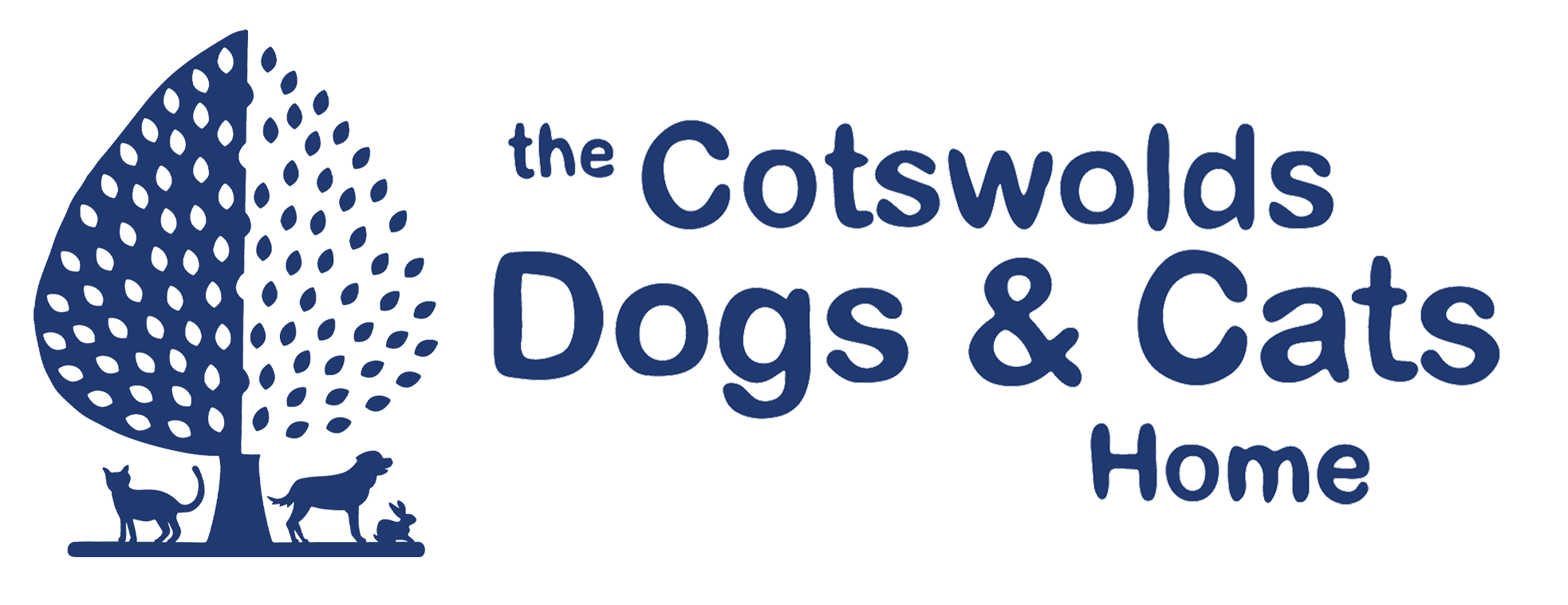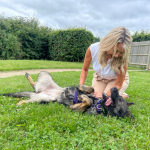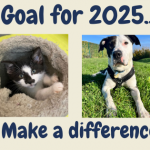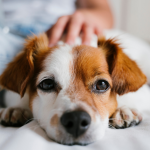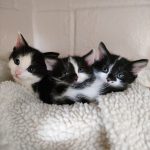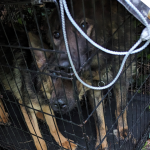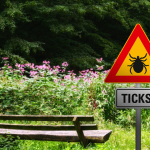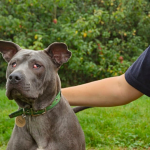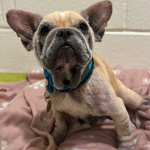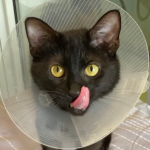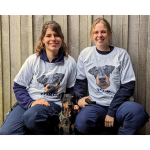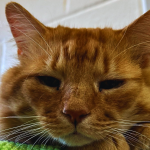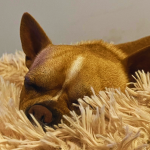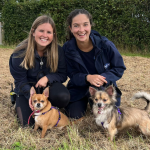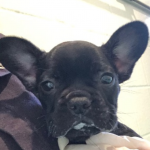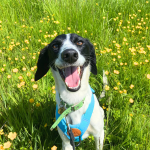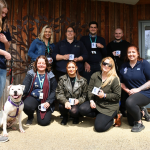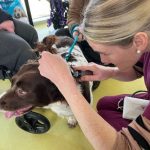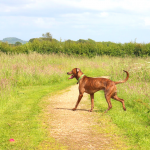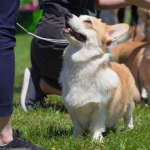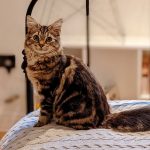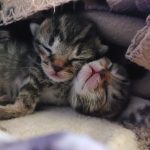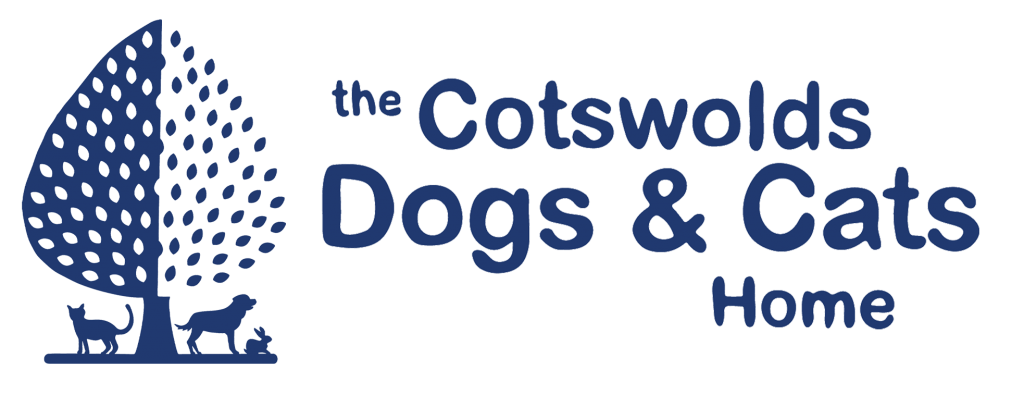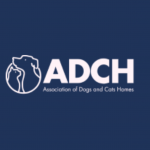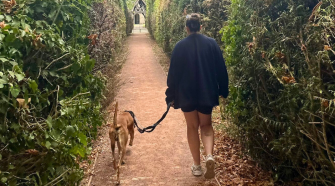
Guinea Pig Care 101: A Guide to Happy and Healthy Pets
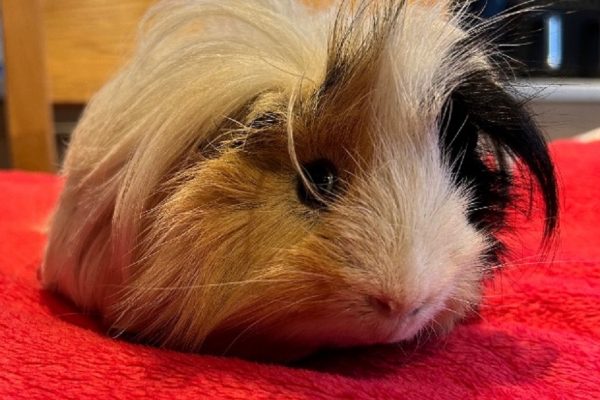
Guinea pigs have captured the hearts of countless families worldwide. And it’s no surprise! With their endearing personalities and distinctive appearances, guinea pigs make fantastic companions.
In this guide, you will discover how to keep your piggie healthy and happy!
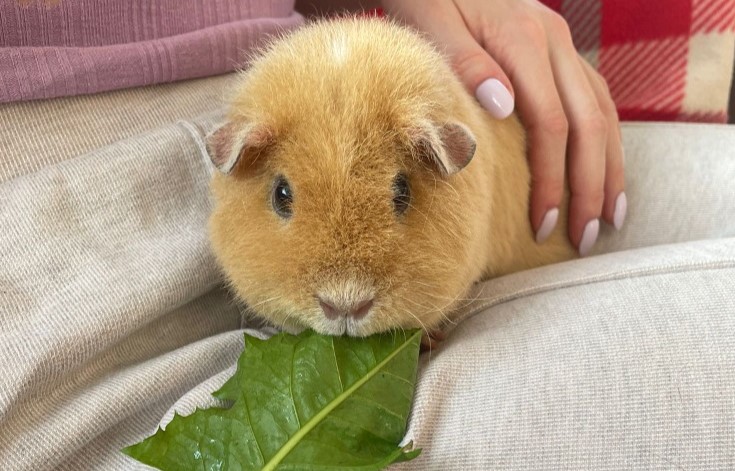
Diet
Guinea pigs need high levels of fibre to maintain a healthy gut as well as access to fresh water, daily.
They require a balance of digestible and indigestible fibre to keep their gut in constant motion and sustain their appetite. High quality feeding hay is recommended to make up the bulk of their diet and this will also help to wear their teeth down as they need a regular gnawing action to prevent teeth from over growing.
It is best practice to supplement your piggies diet with Vitamin C as they lack the enzyme to produce this and it is important for healthy skin and joints. You can find a good supplement of Vitamin C in high-fibre nuggets and certain leafy greens such as kale and spring greens. You could also forage for some natural greens such as dandelion leaves and hawthorn and make use of what nature has to offer!
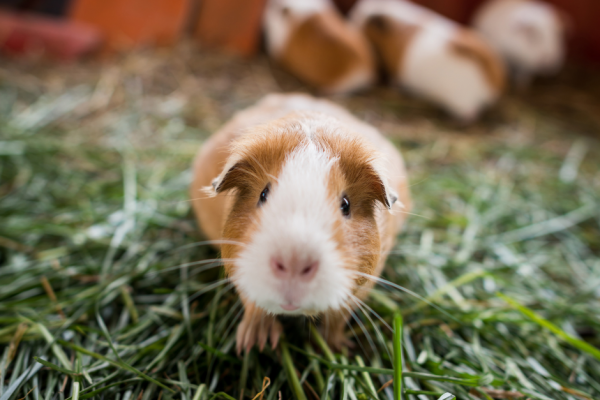
Behaviour
These little creatures may be small, but they are lively!
Guinea pigs are curious and vocal animals, they love to explore and forage, often making lots of noises along the way. They communicate through various noises to show when they are excited, searching for their friends or happily contented cuddling up to their human companions.
Guinea pigs are also known to jump up in the air when they are excited, which is apparently known as pop-corning!
Due to their minimal sleeping patterns, Guinea pigs need plenty of toys, enrichment and access to food through foraging to keep them stimulated and engaged throughout the day.
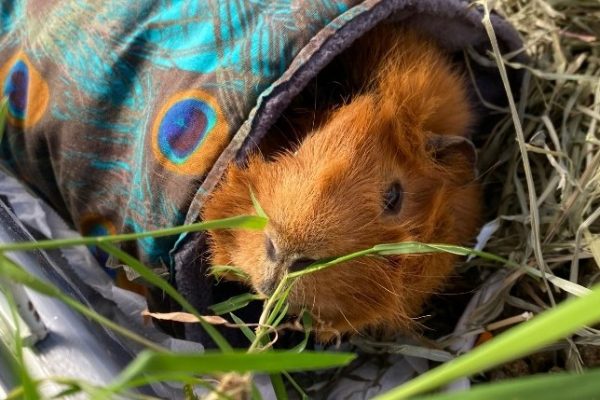
Environment
Guinea pigs require a safe environment to explore, play and snack throughout the day!
A minimum space requirement would be 4ft by 2ft for your Guinea pigs to roam but ideally, the bigger the better so they can carry out as many natural behaviours as they would in the wild.
Ideally, any housing for your Guinea pig is best viewed as a ‘bedroom’ and should be permanently attached to a larger, predator proof, outdoor run. These little piggies can be active for 20 hours a day so they need plenty of space for exercise.
Plenty of hiding spaces are essential, as they are a prey species. By providing lots of pipes, tunnels and deep hay piles for natural tunnelling, this will help make your Guinea pig feel safe in their housing environment.
During periods of wet or cold weather it is best to keep your Guinea pigs in a secure indoor space such as a shed or utility room and provide them with plenty of enrichment to keep them active. Make sure to cover any hazards such as electrical wires and provide some non-slip matting to avoid any falls or injuries.
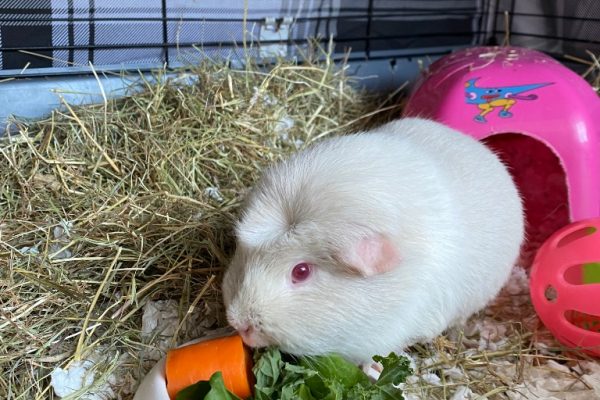
Health
A chatty Guinea pig, is a healthy Guinea pig!
If your Guinea pig is bright, alert and has a beautiful coat then this paints a healthy picture. Daily health checks ensure you keep them in tip-top condition.
Familiarise your Guinea pig with regularly checking their eyes, ears, teeth, feet and coat so they are comfortable with these routine checks. Here are some common health problems and signs to look out for to provide your Guinea pig with the best health care.
Teeth are continuously growing and in constant need of wearing down. By providing quality hay, high fibre nuggets and toys for gnawing, your Guinea pigs teeth should be keeping themselves in check. If you notice your Guinea pigs eating habits change or they seem in any discomfort, seek advice from your local vet.
Feet are very sensitive and subject to a rather painful condition called bumblefoot. As wild Guinea pigs are accustomed to a life lived on grass and soft ground, our domesticated pigggies are much the same and therefore not suited to live or walk on any hard surfaces. This condition is easily avoided by providing your Guinea pigs with lots of soft hay and suitable bedding. Be sure to keep an eye on those nails too and ask your vet how to appropriately trim them.
Vitamin C deficiency can occur if your Guinea pig is lacking in this vital vitamin. They can also be susceptible if they are suffering from another illness they may prevent them from eating sufficient amounts. Common symptoms to look out for include:
- Weak and lacking in energy
- Reduced mobility due to swollen joints
- Poor skin and fur condition
- Loss of appetite and weight loss
Regular flea and mite treatment will prevent any infestations that your Guinea pigs are prone to. Keep an eye out for any persistent scratching and regularly clean their accommodation and any permanent toys they may have to avoid any pests hanging around.
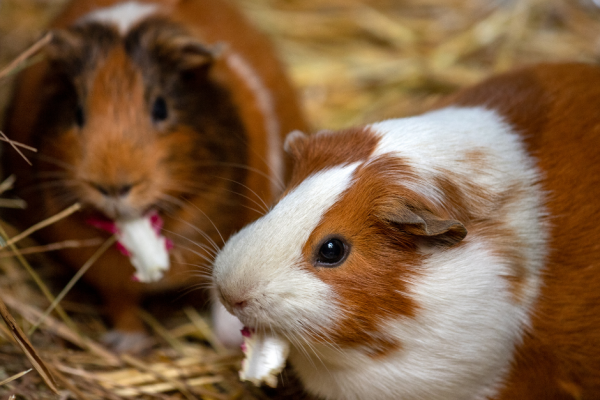
Companionship
True happiness is found through friendship!
Guinea pigs are highly social animals and love the company of other guineas and humans. Guinea pigs are best kept in single sex pairings or small groups and ideally love the company of litter mates.
Male and female pairs can be kept together but it would be appropriate to neuter the male and avoid any pitter patter of tiny piggy feet!
Avoid keeping guinea pigs with rabbits or chinchillas as these do not make ideal companions and have very different social and dietary requirements.
Regular and gentle handling of your guinea pig can strengthen the bond you share and make you best friends! Be sure to allow your new companion to settle into their new home and introduce yourself slowly and softly to avoid startling them.
I have been lucky enough to foster 15 guinea pigs. Seeing their personalities shine through as they gain confidence is always the best part.
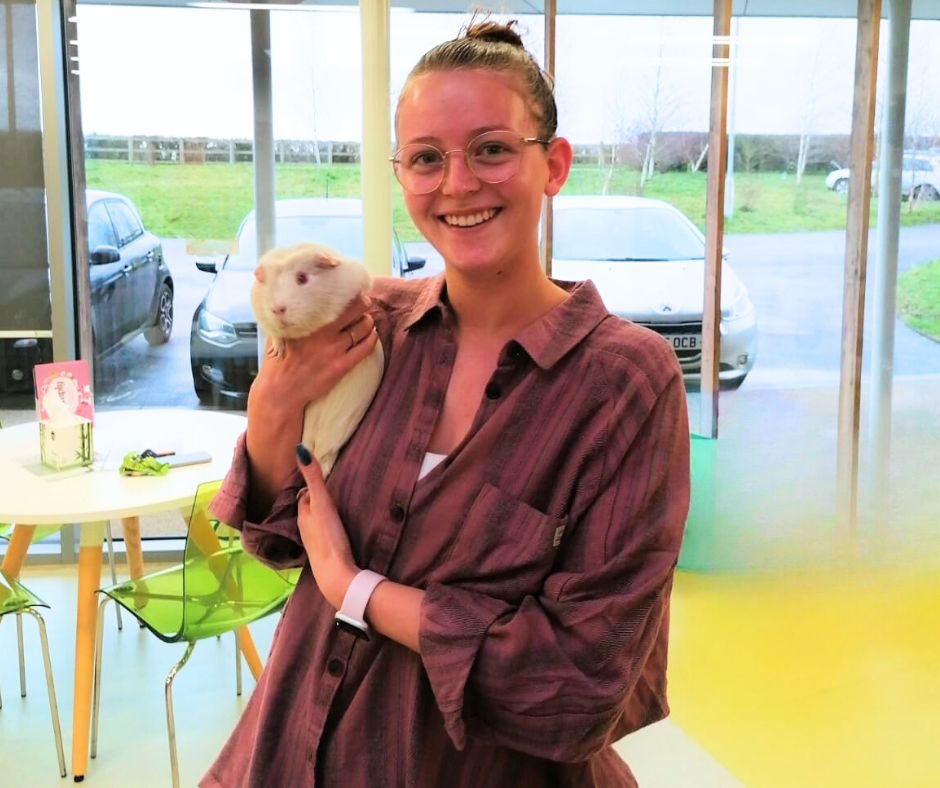
Find out more about how to foster guinea pigs for CDCH
Categories
- Appeals (6)
- Events (8)
- News & Updates (67)
- Happy Tails (23)
- Past Appeals (84)
- Past Events (95)
- Support & Advice (46)
- Challenge Events (2)
Recent Posts
Related posts

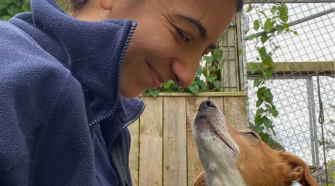
How to Prepare Your Home for a Rescue Dog
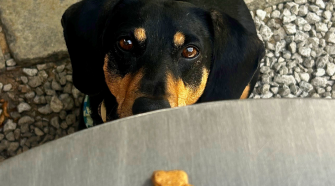
Dog-Friendly Places to Eat in the Cotswolds
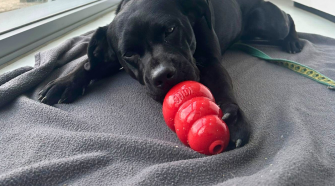
Beat the Heat: Homemade Frozen Treats Your Dog Will Love
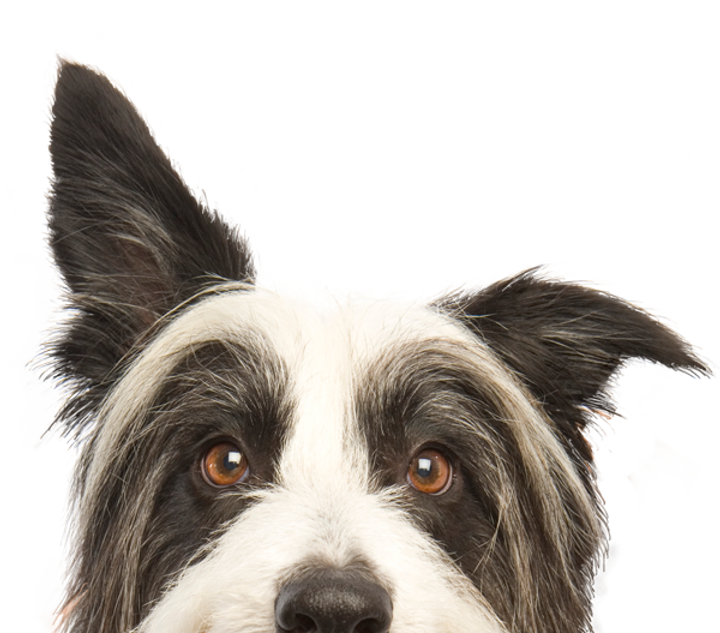
To report cruelty or an animal in distress call 0300 1234 999
